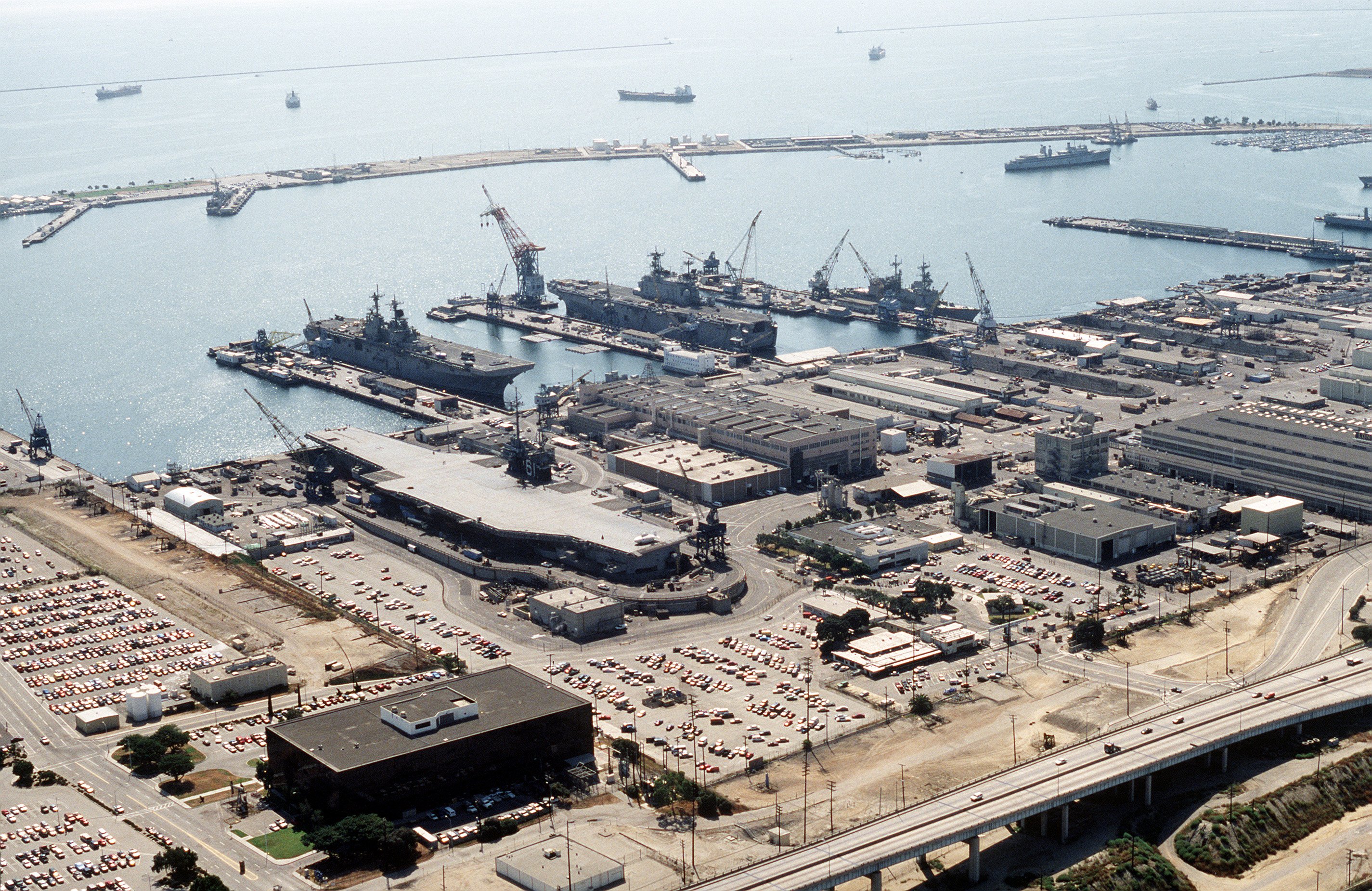NFFS Establishes Technical Committee

The Non-Ferrous Founders’ Society (NFFS) is pleased to announce the formation of a new technical committee charged with supporting a major research and development effort to improve the quality of Nickel Aluminum Bronze (NAB) and Copper-Nickel (CuNi) alloy castings, particularly for marine applications. The committee will serve as a steering group for a new 24-month project aimed at reducing casting reject rates and improving delivery performance in castings made with these alloy families.
 Naval shipyards and OEMs continue to report significant challenges in sourcing NAB and CuNi castings that meet stringent quality standards. These issues contribute to costly rework, delays in installation, and missed production milestones. In response, NFFS is leading a collaborative industry initiative to address root causes of casting defects and align U.S. foundry practices with global quality expectations.
Naval shipyards and OEMs continue to report significant challenges in sourcing NAB and CuNi castings that meet stringent quality standards. These issues contribute to costly rework, delays in installation, and missed production milestones. In response, NFFS is leading a collaborative industry initiative to address root causes of casting defects and align U.S. foundry practices with global quality expectations.
The new NFFS Technical Committee will guide the project’s technical approach, oversee progress against milestones, and provide expert input on defect mitigation strategies, process improvements, and testing protocols. Committee members will also help disseminate best practices and project results to the broader foundry community.
 “This effort marks a significant step toward establishing a true technical division within NFFS,” said Jerrod Weaver, Executive Director of NFFS. “Our goal is to bring together industry leaders, technical experts, and defense partners to solve real-world quality challenges that are hindering production timelines and driving up costs.”
“This effort marks a significant step toward establishing a true technical division within NFFS,” said Jerrod Weaver, Executive Director of NFFS. “Our goal is to bring together industry leaders, technical experts, and defense partners to solve real-world quality challenges that are hindering production timelines and driving up costs.”
The first committee meeting is scheduled for Friday, June 6, and will include a review of the project scope, deliverables, and available funding. Individuals interested in participating or nominating additional technical contributors should contact NFFS staff directly.
This initiative reflects NFFS’s continued commitment to supporting U.S. foundries through practical, solution-oriented programs that strengthen manufacturing competitiveness and improve national security readiness.